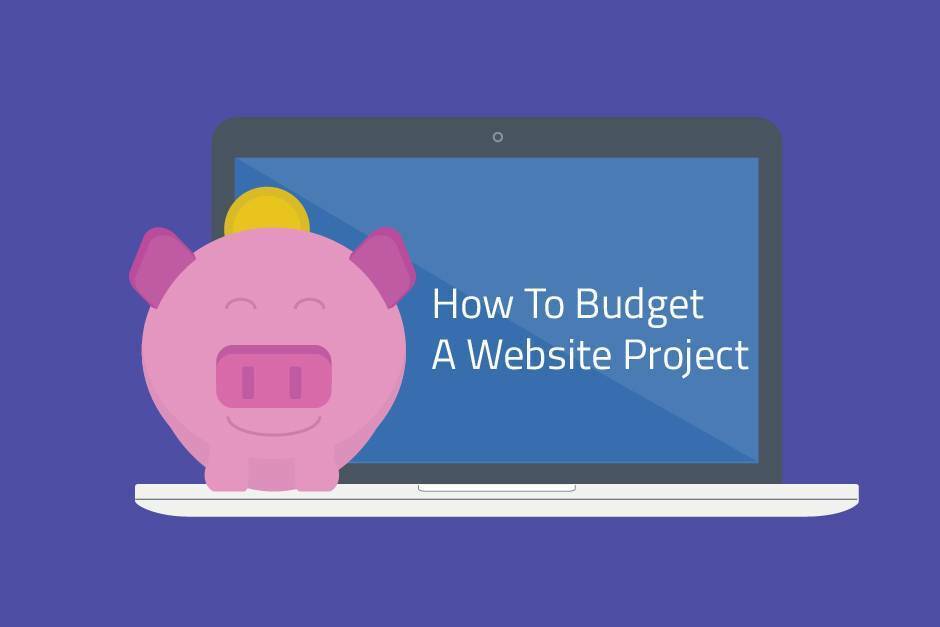When putting together a website budget, it’s important to take your purpose and goals into consideration before defining it because your website is more than just a one time purchase. It’s an investment in your business with long-term effects.
Whether you are a founder, a marketer, or a tech professional, it can be difficult to know what factors to consider when trying to set a budget.
First suggestion: don’t start by crunching numbers.
By starting with your budget, you skip a very important reflection stage that allows you to figure out what you’re hoping to accomplish. Aligning your goals with your budget is a great way to prepare yourself for finding the right agency.
Wondering how to pick a web design agency? Read: How To Pick A Web Design Agency >>
We recommend starting the process by asking yourself or your company the following questions:
1.) What is the purpose of your website?
This sounds like such an obvious question that you may be tempted to skip it, but it’s a great place to start. By starting here, you’ll be able to get a birds-eye-view of the project. Many website objectives fall into 1-3 of these simple categories:
- to generate business
- to establish brand presence
- to convey information
(It’s important to note that a website could be all three of these!)
2.) What are my goals for this website?
By defining goals for your new website you’ll be able to determine what kind of functionalities you might need and in turn, what your ballpark budget might look like. Many websites are meant to generate more business. However, if your primary goal is to gain more subscribers, you’ll have very different needs from your website than someone who is trying to reduce their bounce rate or publish daily content easily.
Here are some examples to help you get started on thinking about what your own website goals are.
If your purpose is to generate new business, then your goals might include:
- getting lead inquiries from contact forms or phone calls
- increasing exposure through search engines (search engine optimization)
- Increasing blog frequency
If your purpose is to establish brand presence, then your goals might include:
- building the company’s first website (if this is a goal, you may need to make sure to set aside a budget for logo design and brand development)
- having an easy way to update content and blog posts in an effort to stay relevant
If your purpose is to convey information, then your goals might include:
- an online presence to direct prospects to
- connecting people within a particular community or group or common interest
- communicating valuable information to a particular community or group of people with a common interest
- improving recruiting abilities
3.) How important is this website for my business?
The golden question that is important for all website clients to answer: How important is this website for my business? Determine just how important this investment is for your business and know that your budget will need to reflect that standard.
If you’re working within a tighter budget, perhaps it would be helpful to rank your website goals in order of importance.
Separately, knowing how important it is to get exactly what you need will help you in the long run because a clear vision can save time and money on revision whereas needing additional time for mood boards and seeing multiple versions of something can increase costs.
From there, we recommend putting together a list of ‘must-haves’ for your website. The four categories that we recommend starting with are Design, Content, Functionality, and SEO.
Need help defining your purpose and goals? Download our “Printable Website Budget Worksheet” below!
Download our “Printable Website Budget Worksheet”
Questions? Contact us here.
